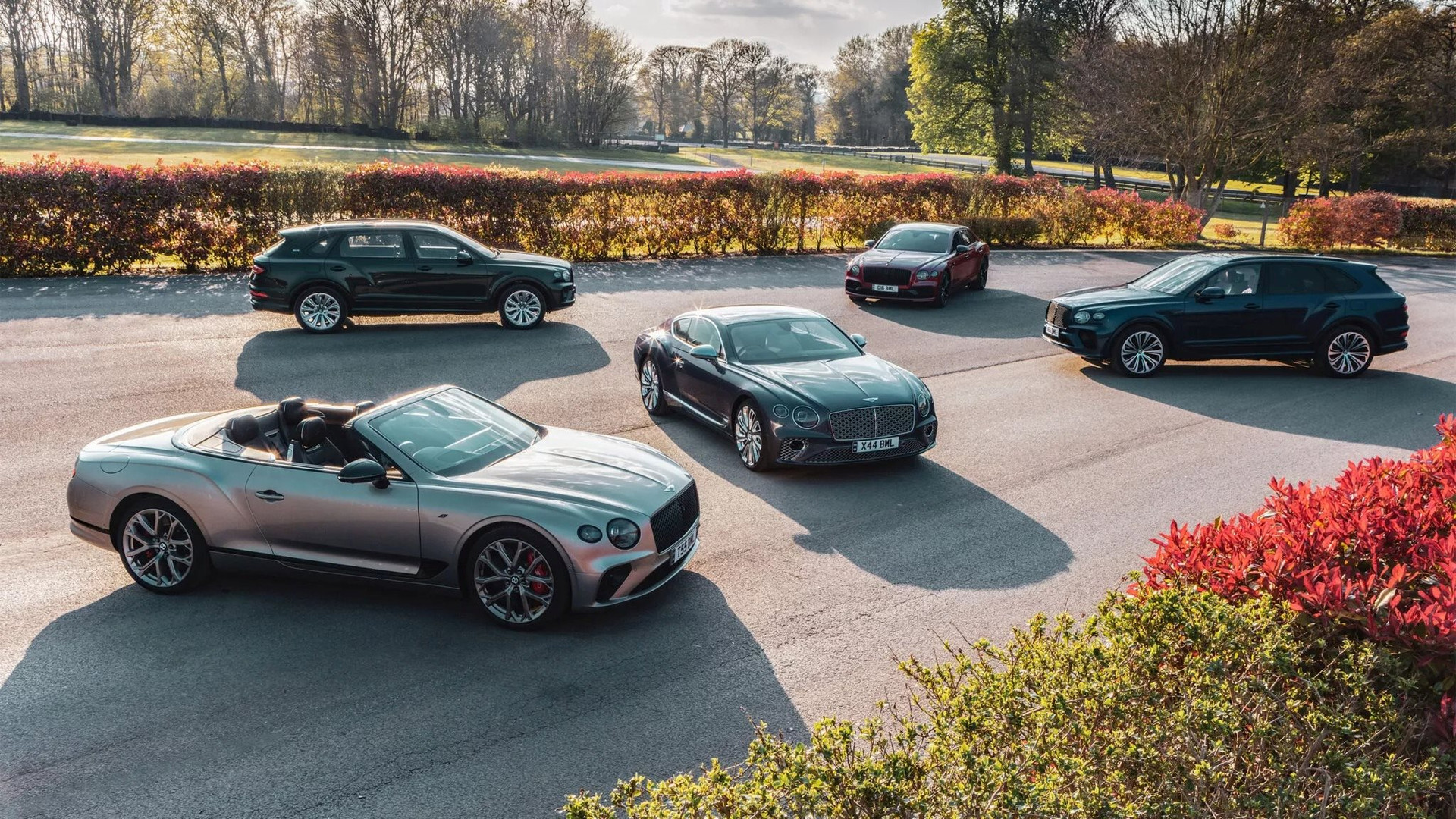
Volkswagen Group is facing trouble as thousands of luxury vehicles under the Porsche, Bentley, and Audi brands are being held at US ports, according to a recent report. This action has been taken after it was revealed that some parts in the cars, manufactured in China, violated forced labor laws.
Anonymous sources told the Financial Times that Volkswagen was unaware of the origin of these parts as they came from a deep-tier supplier in their supply chain. The issue only came to light after the supplier alerted them, causing the delivery of the vehicles to be delayed at least until the end of March when these components will be replaced.
Financial Times reports that Volkswagen has informed US authorities about the origin of these components.
According to the Uyghur Forced Labor Prevention Act 2021, products made with forced labor in the Xinjiang region of China, as well as other areas, are banned from being imported into the US. Although the exact origin of these car components has not been publicly disclosed, it is believed to come from “Western China”. The seized vehicles include about 1,000 Porsches, hundreds of Bentleys, and thousands of Audis.
In a statement, Volkswagen said: “Upon receiving information about allegations related to one of our tier-one suppliers, we launched an investigation into the matter. We will clarify the facts and then take appropriate steps. This may include terminating the cooperation with the supplier if we confirm serious violations.”
Volkswagen has notified the owners of the affected vehicles through a letter, explaining that the faulty components are a “small electronic part within the control unit and this part will be replaced.” However, the letter did not disclose the origin of that component.
“Handover of the vehicles will continue, however, some delays that cannot be avoided may occur. We apologize for that. We are reaching out to every customer to inform them,” the manufacturer told Fox Business.
This is not the first time Volkswagen’s business operations in the Xinjiang region have attracted attention. The company currently operates a joint venture in the region’s capital, Urumqi, with SAIC. Earlier this week, they announced “business orientation in the future” in this area after German media made statements regarding forced labor.
The manufacturer has started replacing the components for the stranded cars at the port, but it may take a few weeks to resolve the backlog.












